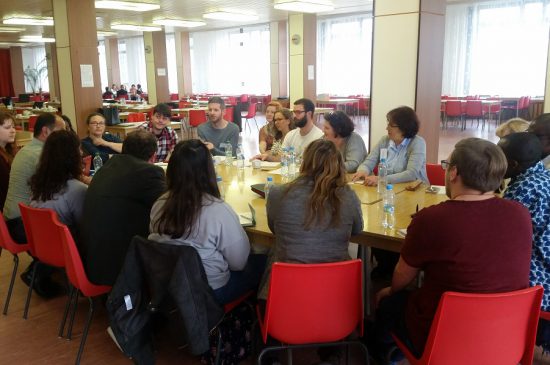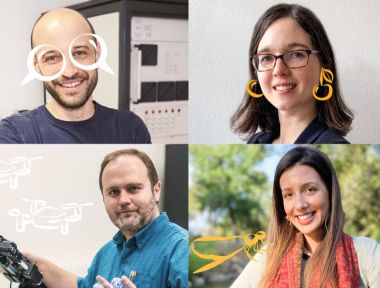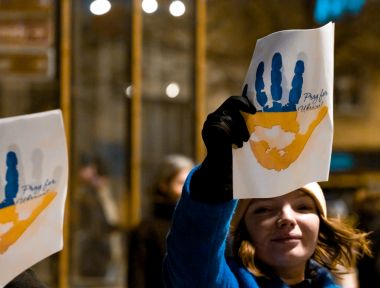Each year, the University of Ostrava’s Faculty of Social Studies collaborates with the European Research Institute for Social Work (ERIS) to host the International Spring School of Social Work for Master’s and PhD students. The event is an opportunity for students to present their thesis or research in a genuine European academic atmosphere. Scholars from a variety of countries provide valuable feedback to the students. In addition, local students have the opportunity to exchange views and ideas with the international participants, which both extends their knowledge of social work in Europe and the world, and helps to develop a new European research network.
The 11th International Spring School of Social Work for Master’s and PhD Students was held in Ostrava-Poruba in the first week of April 2017. Academic staff and social work students met from Ostrava, Czech Republic; Lodz, Poland; Eichstaett, Landshut, and Bremen, Germany; Hertfordshire, United Kingdom; Lille, France; Trnava, Slovakia; Vorarlberg, Austria; and Kuopio, Finland. Additionally, Erasmus students from France, Italy, Portugal, Romania, Russia, and Turkey attended the event.
Both master and doctoral students gave 10-15 minute PowerPoint presentations on their research findings. The talented, Dr. Anita Gulczynska, from the University of Lodz, Poland facilitated the discussions which consisted of critical evaluative analysis and debate, thus generating ideas for students to further develop their work.
The spring school was well organized with participants arriving in Ostrava on the 4th of April. One of the first workshops open to participants from partner institutions was for PhD students from the University of Ostrava. Prof. Mariusz Granosik from the University of Lodz led a three-hour course on Social Work Research, introducing us to Grounded Theory. We had the opportunity to explore five philosophical questions (what, why, who, where and how) in applying grounded theory on our thesis/dissertation research projects.
On the morning of the 5th of April 2017, the Rector of the University of Ostrava, Prof. Jan Lata, officially opened the event and welcomed the participants, wishing everyone a fruitful meeting and a nice stay in Ostrava. Dr Anita Gulczynska introduced the plan of the day and everyone divided in two focus groups to discuss the presentations. With critical analysis and feedback from attendees, students learned what needs to be corrected and adjusted in their projects. The second day we continued with a lecture by Prof. Detlef Baum on Urban sociological accesses to social work. And in the third day the students gave the final presentations.
In a nutshell, the world is changing; nations are industrializing, expanding, warring, and oppressing. People within those societies are adapting to a changing way of life in which social ills are escalating. Issues to be faced include; social justice, human rights and dignity, substance and drug abuse, social consequences due to HIV/AIDS and other diseases, orphans and unaccompanied minors, child protection, migration and refugees issues, excluded minorities, troubled families, and gender issues. There a is strong need for social workers to remain interconnected academically as well as practically towards helping vulnerable groups and focus on handling social injustice and challenging human rights violations and other social issues. Research is important for social work because it helps us to be effective. ERIS and the Faculty of Social Studies recognizes that it is highly important to link social work practice with scientific research such as provided by the opportunity of the international spring school. Students and academics from different countries gathered together to exchange ideas on the social work profession, challenges they are facing and to elaborate on coping strategies on the international social work level. It was a precious opportunity for students to express themselves in public speaking, which prepares them for their future career in the social work profession.
Gonzague Isirabahenda
Erasmus student at FSS OU
Foto: Pavla Nemethová


 3 min.
3 min. 


